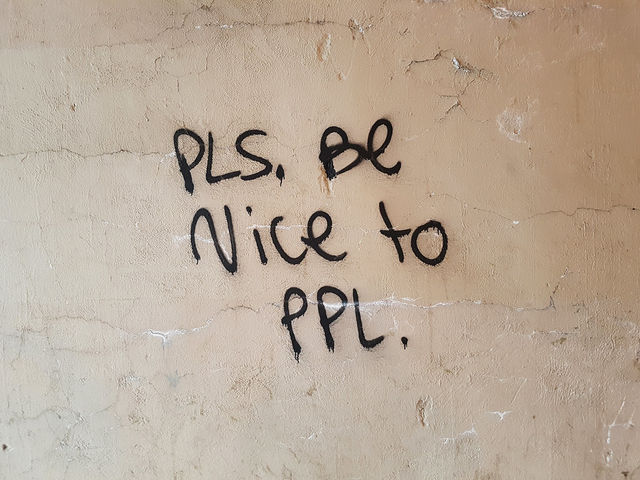For the past week, lockdowns across the country and elsewhere in the world have begun. Out of boredom, loneliness, and updates people online have been sharing memes- some of which are 10/10- along with resources for those in precarious living situations. One of those is a largely shared post of a domestic abuse hotline because for some people self-isolating at home isn’t a safer option. Women are at a significantly higher risk of being in an abusive relationship. Similarly, members of the LGBTQ community are at higher risk of being abused in their homes. Furthermore, single-mothers, minimum wage workers, freelancers and the sick and disabled will struggle during this period. So, for every meme you share with people, why not add some helpful resources and ideas that could save and help someone’s life. Here are just some:
National Domestic Violence Hotline
Available by both phone and online, the hotline puts those seeking help through to professionals that are also trained to deal with situations where the abuser is monitoring a victim’s communication. Call 800-799-7233.
Domestic Shelters
Again, both an online and phone service, this hotline puts victims in contact with nearby shelters and also helps develop a plan on how to get them there safely and confidentially.
Feeding America
Help the vulnerable, sick and under-paid by donating or volunteering at a local food bank. COVID-19 is being compared to a natural disaster, which makes essentials such as food (or toilet paper) harder to get. Also, many minimum wage workers are being left without jobs at the moment, leaving them without money for food. Find out where a local food bank is and share their location with others.
The Trevor Project
This online community was founded to support LGBTQ members reach out to their peers and/or counselors to prevent feelings of depression and thoughts of suicide. If a person is feeling helpless in their own home calling, messaging or texting a professional could change their life.
As the virus spreads, many are fearful of being in large crowds- which unfortunately for shelters is the case. Close proximity and fear could drive women and LGBTQ members back on to the street or their abusive homes. Find your local homeless shelter and donate so that the organization can have enough funding to sanitize and keep victims there.
And: Be There!
Whether it’s being there for an elderly neighbor to help stock up on food, talk to a friend who is feeling hopeless over what is happening and the lack of knowing, leaving food and supplies (such as sanitary products) outside for your community to take, do what you can!
Image Courtesy of Indrid_Cold via Flickr
More on BUST
Best And Funniest Work From Home Tips From BUST Readers
The Coronavirus Exposes A Glaring Issue With America’s Healthcare System
11 Feminist Bops To Scream Into The Void (While Washing Your Hands)


